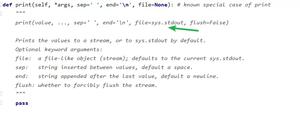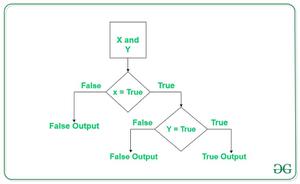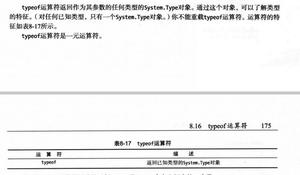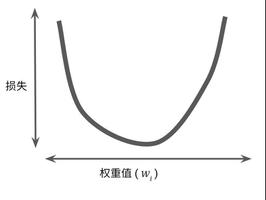PyTorch – 如何计算张量的逐元素逻辑异或?
torch.logical_xor()计算给定的两个输入张量的逐元素逻辑异或。在张量中,具有零值的元素被视为 False,非零元素被视为 True。它以两个张量作为输入参数,并在计算逻辑异或后返回一个带有值的张量。
语法
torch.logical_xor(tensor1, tensor2)
其中tensor1和tensor2是两个输入张量。
脚步
要计算给定输入张量的逐元素逻辑异或,可以按照以下步骤操作 -
导入火炬库。确保您已经安装了它。
创建两个张量,tensor1和tensor2,并打印张量。
计算torch.logical_xor(tesnor1, tesnor2)并将值分配给变量。
执行逐元素逻辑异或运算后打印最终结果。
示例 1
# import torch library输出结果import torch
# define two Boolean tensors
tensor1 = torch.tensor([True, True, True, False, False])
tensor2 = torch.tensor([True, False, False, True, True])
# display the defined tensors
print("Tensor 1:\n", tensor1)
print("Tensor 2:\n", tensor2)
# compute XOR of tensor1 and tensor2 and display
tensor_xor = torch.logical_xor(tensor1, tensor2)
print("XOR result:\n", tensor_xor)
Tensor 1:tensor([ True, True, True, False, False])
Tensor 2:
tensor([ True, False, False, True, True])
XOR result:
tensor([False, True, True, True, True])
示例 2
# import torch library输出结果import torch
# define two tensors
tensor1 = torch.tensor([True, True, True, False, False])
tensor2 = torch.tensor([1, 0, 123, 23, -12])
# display the defined tensors
print("Tensor 1:\n", tensor1)
print("Tensor 2:\n", tensor2)
# compute XOR of tensor1 and tensor2 and display
tensor_xor = torch.logical_xor(tensor1, tensor2)
print("XOR result:\n", tensor_xor)
Tensor 1:tensor([ True, True, True, False, False])
Tensor 2:
tensor([ 1, 0, 123, 23, -12])
XOR result:
tensor([False, True, False, True, True])
示例 3
# import torch library输出结果import torch
# define two tensors
tensor1 = torch.tensor([12, 3, 11, 21, -12])
tensor2 = torch.tensor([1, 0, 123, 0, -2])
# display the defined tensors
print("Tensor 1:\n", tensor1)
print("Tensor 2:\n", tensor2)
# compute XOR of tensor1 and tensor2 and display
tensor_xor = torch.logical_xor(tensor1, tensor2)
print("XOR result:\n", tensor_xor)
Tensor 1:tensor([ 12, 3, 11, 21, -12])
Tensor 2:
tensor([ 1, 0, 123, 0, -2])
XOR result:
tensor([False, True, False, True, False])
以上是 PyTorch – 如何计算张量的逐元素逻辑异或? 的全部内容, 来源链接: utcz.com/z/359281.html









